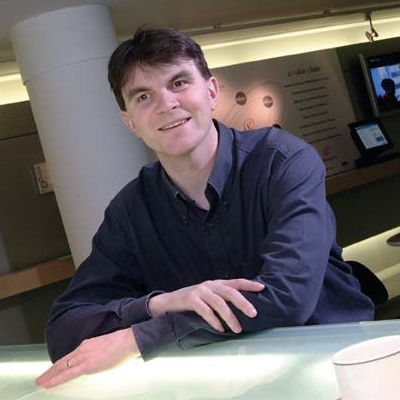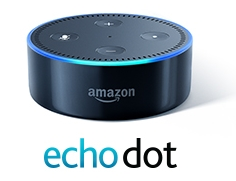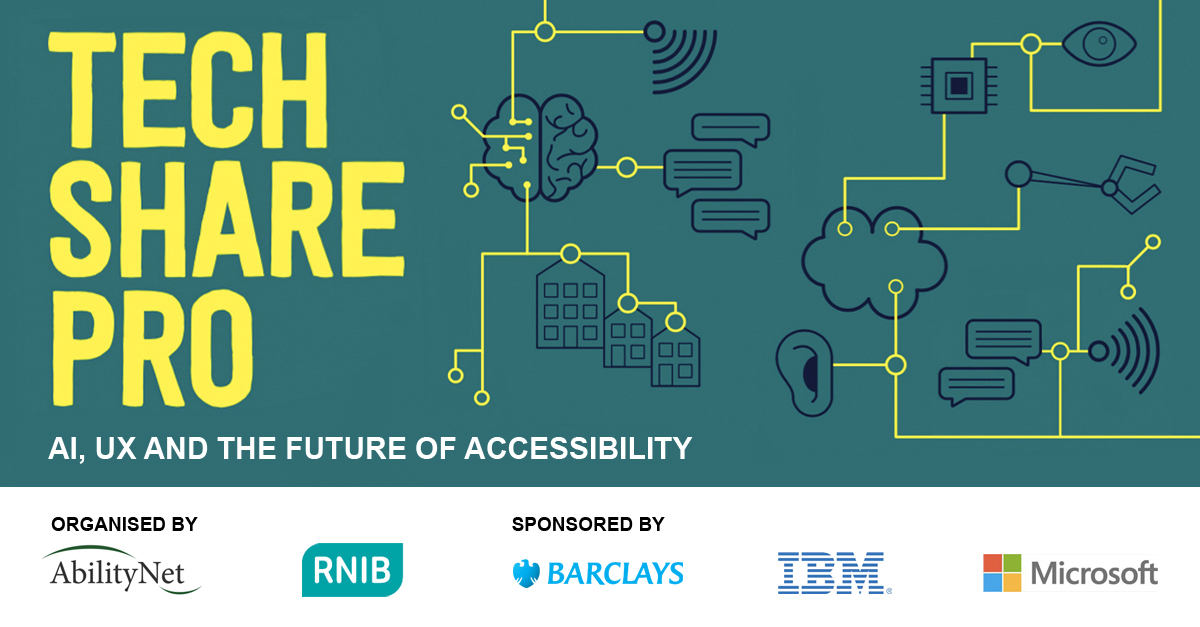Sci-fi Fun Becomes Serious Functionality – Making Home Automation Accessible Through AI
Mark.Gaddes | 09 Oct 2017 "It's just like being on the bridge of the Starship Enterprise... and if all you have is your voice - for example I'm thinking of my sister here who is both blind and has very advanced Multiple Sclerosis - then sci-fi fun becomes serious functionality..." says Robin Christopherson MBE, the Head of Digital Inclusion at AbilityNet.
"It's just like being on the bridge of the Starship Enterprise... and if all you have is your voice - for example I'm thinking of my sister here who is both blind and has very advanced Multiple Sclerosis - then sci-fi fun becomes serious functionality..." says Robin Christopherson MBE, the Head of Digital Inclusion at AbilityNet.
He made the comments after recently discovering how bringing together home automation devices with new ambient computing technology, like Alexa, has the power to dramatically improve accessibility and improve the lives of disabled people.
Are you keeping up?
The tech industry has been working towards a future where everything is smarter including your phone, TV and home. Things that seemed to belong in sci-fi a few years ago are suddenly becoming a reality, so it's important to keep up.
These tech advancements are good news for everyone, but its turning out to be life-changing for people with disabilities - if only they could access them!
It's a huge shame that many of the apps used to set-up and control home automation just aren't accessible to people with disabilities. Just a few small tweaks by developers could have made a huge difference.
Robin recently tested a couple of home automation products (Wi-Fi Plug by Wasserstein and The Smart Home LED Lightbulb) and neither of them were accessible to him as a blind VoiceOver user until he combined them with Alexa.
Instantly accessible, instantly empowered
New ambient computing products like Alexa, which is used to control the Amazon Echo Dot, and others such as Google Home and the Apple Home Pod (due to be released in December this year) allow people to use their voice to control things in their home.

Need to lock the door? "Alexa lock the door". Turn on that light? "Alexa turn on the light". They have made these smart home automation devices instantly accessible.
Now instead of having to fiddle with inaccessible apps or rely on friends or family to set things up, people with disabilities just plug them in and connect via their ambient computer, using voice control. It's really very simple and straightforward.
Imagine until now having to rely on other people for everything. With the cost of this technology falling home automation has the potential to empower disabled people, giving them back their dignity and allowing them to look after themselves on their own terms. If we go back to the earlier Star Trek reference - they can be the captain of their own ship.
Working together to make inclusive apps
It's important that tech developers and designers work together and make sure new home automation tech is accessible to all people and that industry experts work with different groups of disabled people to spot these new opportunities and potential pitfalls.

TechShare Pro is an upcoming conference organised by AbilityNet in partnership with RNIB wher we will be bringing together industry experts to explore inclusive design. It will give people the chance to network with other like-minded people, passionate about making a difference to people's lives through accessibility.
To find out more about TechShare Pro 2017 and to book your tickets click here.



